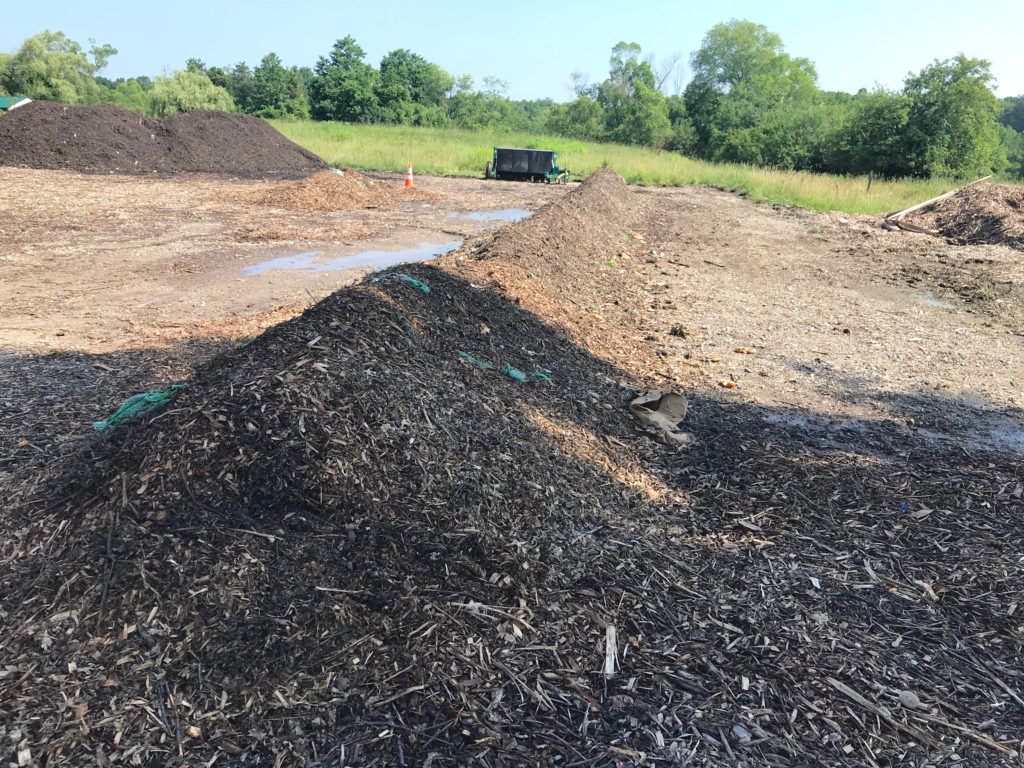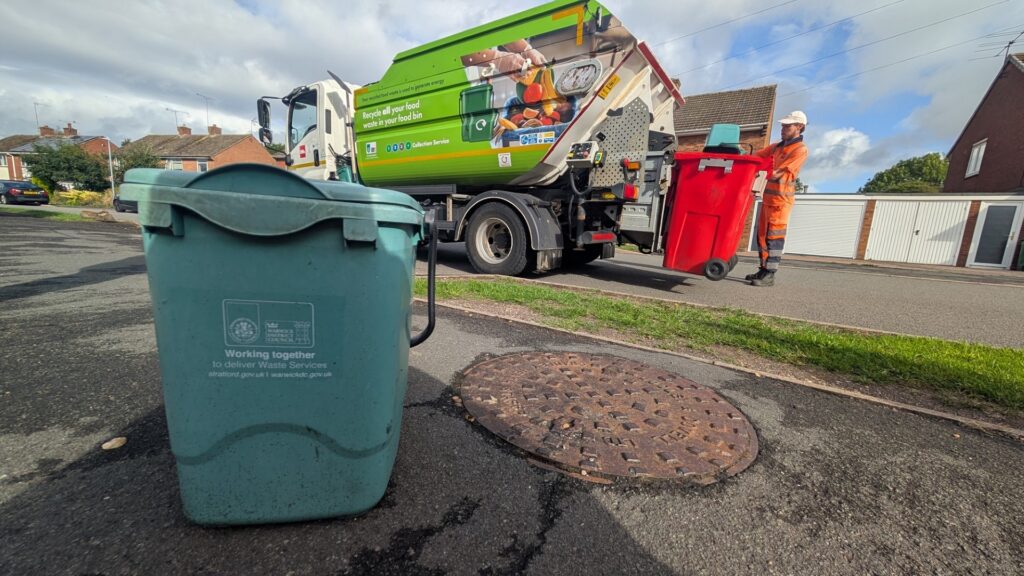“The aim of the Directive is supposed to be to remove the administrative burden…the concern will be whether the Directive can achieve this”
Claire Brook, Dickinson Dees
Claire Brook, a senior counsel at Dickinson Dees, told letsrecycle.com that the work going on to define end-of-waste criteria under the Directive could offer problems, compared to the current situation where end-of-waste issues are looked at on a case by case basis.
“Whilst there has been some valid criticism that the case law has lacked coherence, there is a danger that, by setting 'rigid criteria' in order to promote end-of-waste status, this could actually have the opposite benefit,” she said.
“At least the case law allows for each case to be judged on its individual facts and merits,” she added.
In particular, Ms Brook pointed towards the success of Merseyside-based OSS Group's 2007 appeal against the Environment Agency which meant that its recycled fuel oil – 'clean fuel oil' – could be treated as a product and not a waste (see letsrecycle.com story) as proof that a court could take a “more pragmatic, common sense approach”.
Claiming that “there are a number of aspects of case law they haven't taken on board” when finalising the approach to end-of-waste in the Directive, she also noted that the European Commission had advised against introducing set criteria.
Criteria
Work has already begun in developing end-of-waste criteria for metals under the revised Directive (see letsrecycle.com story), and the work is also expected to cover aggregates, paper, glass, tyres and textiles.
But, Ms Brook said there were “potential issues” with the conditions for the criteria, including defining whether a product or substance was “commonly used” for a specific purpose.
She also pointed towards potential difficulty in proving whether a market or demand exists for a substance or material – explaining that there was potential for a “catch 22 situation” to develop.
While there is a requirement to create a market for a material to allow it to be used for a specific purpose, she noted that a market might not develop until it is clear the material has ceased to be a waste.
“The aim of the Directive is supposed to be to remove the administrative burden – to take some products out of the complex and burdensome waste regime – where possible and to assist in developing markets and incentivising investment – the concern will be whether the Directive can achieve this,” Ms Brook explained.
And, Ms Brook noted that the Directive's requirement for the use of a material to “not lead to overall adverse environmental or health impacts” could also create an issue.
She explained that, under case law, there was no requirement such as this, and as such this condition had caused the most industry concern.
“The OSS case makes it clear that the product should have 'no worse environmental effect' than a virgin product and talks about 'comparability', she added.
By-products
Ms Brook also claimed there were issues raised within the Directive, which is expected to be transposed into UK law by December 12 2010, in relation to the by-products which are created during a production process and then classed as waste.
She explained Article 5 of the Directive attempted to “give effect” to existing case law on freeing by-products from waste regulation.
Claiming, as with the end-of-waste criteria, that “what the Directive's trying to do with that is helpful but not without problems”, she said that, in particular, a condition requiring producers to guarantee that further use of the by-product was certain could create an issue for producers.
With work progressing on the joint Environment Agency/WRAP Waste Protocols Project, which has established end-of-waste criteria for a number of materials in a bid to make them more marketable, Ms Brook stressed that a key aspect of how end-of-waste worked in the UK was for there to be “joined up thinking” with this work.
“The Agency needs to make sure it all fits together,” she added.
Consultation
Ms Brook also claimed that the joint Defra/Welsh Assembly Government (WAG) consultation on transposing the Waste Framework Directive in the UK, which closed last month (see letsrecycle.com story), “didn't get in the nitty gritty” of the legislation.
She added: “Really, at this stage, I felt the consultation was quite cagey on certain aspects in terms of whether anything needs to be done to change the legal focus.”
Defra and the WAG have said they will publish a report summarising responses to the consultation by January 4 2010, before launching stage two of the process – a consultation on the draft regulations the UK will use to transpose the Directive.








Subscribe for free